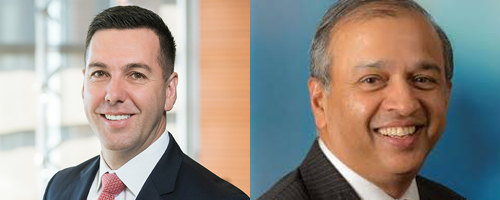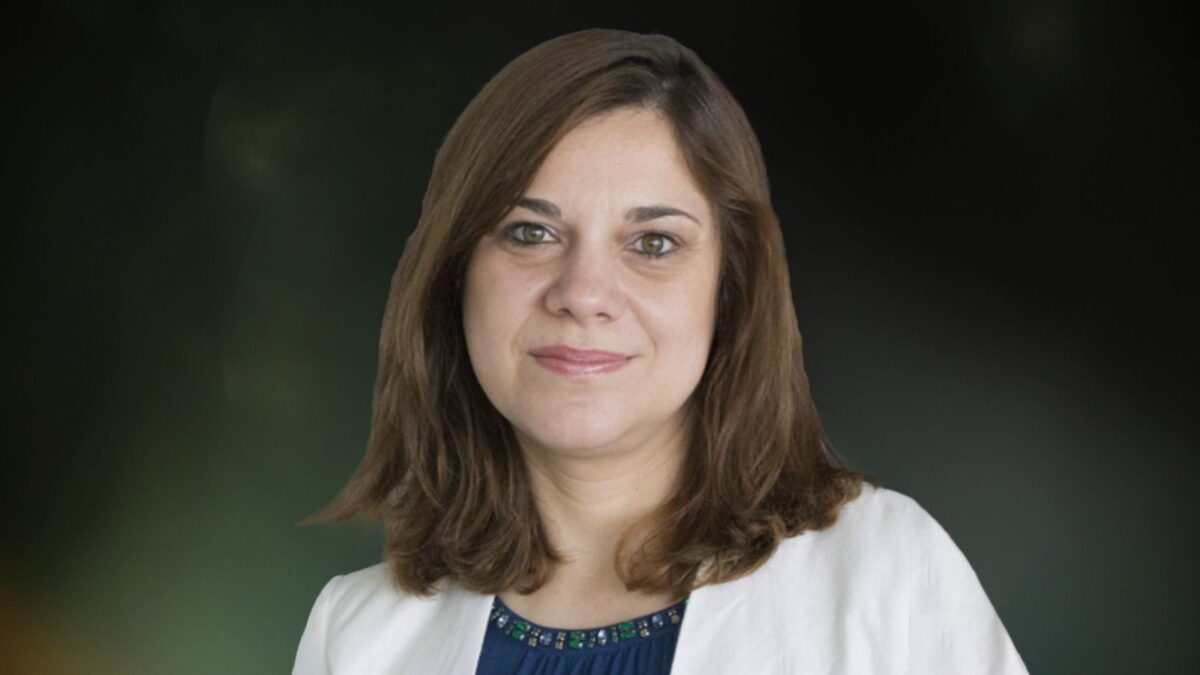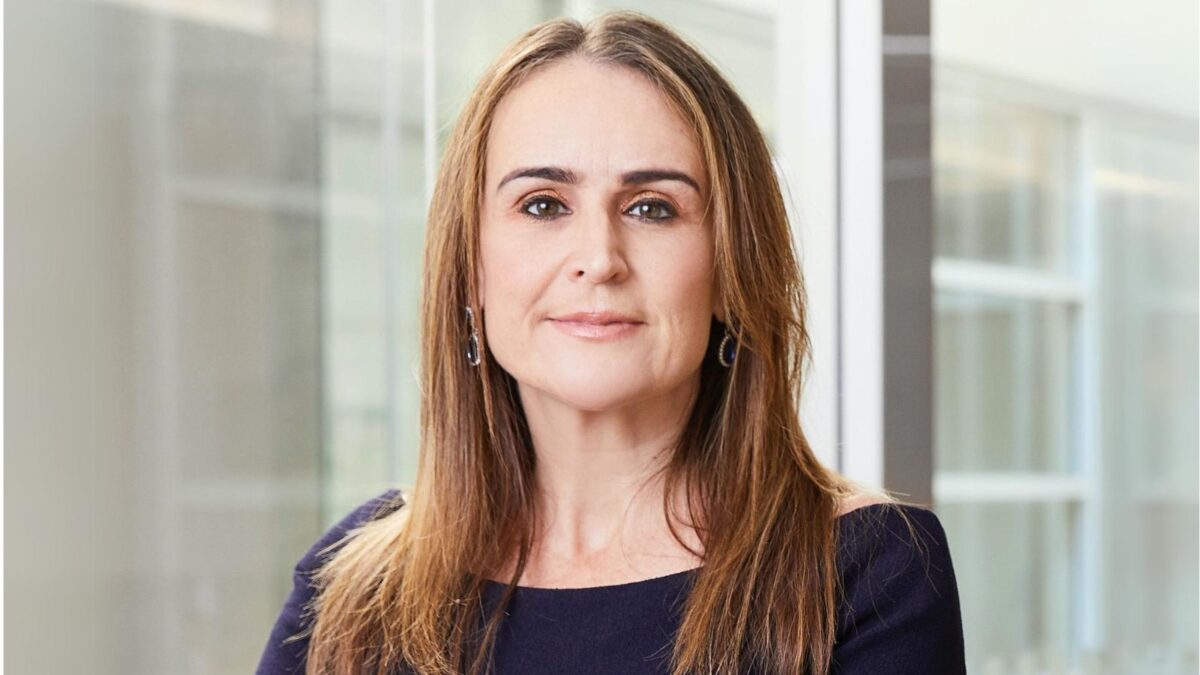Now, the hard work begins for Franklin Templeton… and the history of multi-affiliate funds management
by Greg Bright
Franklin Templeton announced its new leadership team last week, including the important Australasian and APAC parts of the business, prior to the official completion on July 31 of the takeover of Legg Mason, the global multi-affiliate manager. Now, the hard work begins. Multi-affiliate managers tend to be a different breed to traditional funds management firms. They are not easy to manage. History can be a good guide here.
The main decisions about management positions in this region include the appointment of Mumbai-based Vivek Kudva as head of Asia Pacific, as well as India. He will report to the newly appointed head of advisory services, Adam Spector, who is also partner of Brandywine, a big fixed income-focused boutique which is well known in Australasia and part of the Legg Mason stable. The others are:
- Matthew Harrison, who will continue in his role as managing director, Australia and New Zealand
- Linda Liang, who will take up a new role as head of ‘China Strategy’, overseeing the business of the wholly foreign owned enterprise (WFOE) in China as well as the joint-venture company Franklin Templeton Sealand Fund Management
- Isabella Chan, who will be appointed as head of Hong Kong, with additional responsibility for the Taiwan business. Shannon Wang will continue as general manager of Legg Mason in Taiwan and report to Chan
- For India, Sanjay Sapre will continue in his role as the president of Franklin Templeton there
- In Japan, Suguru Kuwahata, currently president of Legg Mason there, and Tatsuya Oguchi, currently president of Franklin Templeton in Japan, will both report to Kudva and continue to develop the Japanese business
- For Korea, Yong-bae Jeon will continue in his role as president
- Avinash Satwalekar will take up an expanded role as country head of Malaysia with additional responsibility for the oversight of Asia Marketing (ex-Japan and India). He will also continue to serve as chairman for Vietcombank Fund Management, a joint venture in Vietnam with Vietcombank
- Dora Seow will take up an expanded role as country head of Singapore and the broader South East Asia region (ex-Malaysia and Vietnam) with additional responsibility for Asian institutional client services, and
- Richard Surrency, head of alternatives sales, Asia, will continue in his role focusing on the firm’s alternative business in the region.
Leaving the combined firm at his discretion is Andy Sowerby, the Australasian head of Legg Mason, as well as Mark Browning, managing director for Asia Pacific, and David Chang, regional head for Greater China. The three have agreed to stay on for a transitional period of a few months. Sowerby arrived in Melbourne from Edinburgh in 2016, where he had previously been global head of sales, marketing and client service for Legg Mason’s main equities affiliate, Martin Currie, to take up the role running Legg’s Australia and New Zealand businesses. As previously reported, he turned the business around, growing the firm’s brand, assets and offerings at a rate of knots, with a range of new products and strategies in both countries, including ETFs and income funds in Australia and what are known as ‘PIEs’ retail funds in New Zealand. He was then promoted to take over APAC for Legg Mason in 2019, assuming control for offices in Taiwan, China, Hong Kong and Singapore. Felicity Nicholson, the Melbourne-based Legg Mason head of marketing, won the fund manager ‘Executive of the Year – Marketing’ award at the Rainmaker Information annual MAX Awards this year recognising how far the business had come in a relatively short space of time.
Matthew Harrison, the managing director for Australia and New Zealand, joined Franklin Templeton early in 2018, repositioning the firm in Australia and New Zealand on more sustainable lines. This followed several senior sales and marketing roles at big financial services firms, including, most recently, as general manager of distribution at Colonial First State, with a multi-affiliate division, the sales of which Harrison oversaw. These affiliates included the successful Acadian Asset Management, Aspect, RealIndex and Generation, encompassing both wholesale and institutional distribution. Colonial has retained the multi-affiliates while CFS GAM was sold to Japan’s Mitsubishi UFJ Financial and renamed First Sentier Investors. Harrison was responsible for the platform, affiliates and super business lines. None of the senior people in the Australasian market for Franklin Templeton nor Legg Mason was able to speak to the press last week ahead of the deal’s finalisation.
In a statement, Jenny Johnson, president and chief executive of Franklin Templeton, said: “The acquisition of Legg Mason will establish Franklin Templeton as one of the world’s largest independent asset managers, with a newly combined AUM that will be over US$164 billion in the APAC region, after deal close. I would like to congratulate Vivek Kudva on his new role to lead the team in delivering a range of truly diversified global investment strategies through an expansive distribution organisation with global reach and scale…
“The acquisition of Legg Mason will establish Franklin Templeton as one of the world’s largest independent asset managers and will add differentiated capabilities to its existing investment strategies, with modest overlap across multiple world-class specialist investment managers and distribution channels,” the firm said in a statement. “The combined firm, with US$1.4 trillion in assets under management, will bring added leadership and strength in core fixed income, active equities and alternatives-as well as an expansion of multi-asset solutions capabilities, a key growth area for the firm amid increasing client demand for comprehensive, outcome-oriented investment solutions.”
The multi-affiliate model, of which there are several forms, first took off in the 1980s when Norton Reamer*, a former CIO and chief executive of Putnam Investments, then a high-flying US global manager with a link to the old Bankers Trust in Australia, launched the listed United Asset Management (UAM). That, then-unique, firm grew to speak for more than 50 affiliated managers within just a few years. No other has since matched that number, and the survivors in the category, such as Legg, would probably say they don’t want to. But UAM had a major flaw to do with poor succession planning. The firm used to split the affiliates’ revenue in a tax-effective fashion and tie the founders up in 10-year contracts. The problem was a group of important founders retired suddenly when their 10-year contracts expired. UAM went into a downwards spiral, attempted to rationalise its business and was taken over by Old Mutual, of South Africa and London.
But others adapted the model, including in Australia, and the range of business model options available for boutiques to adopt an understanding big-brother manager to help grow their businesses is quite broad. It ranges from full ownership, such as with Legg or BNY Mellon or the more flexible Affiliated Managers Group, internationally, or Pinnacle Investments, which is the largest of its kind in Australia, which aims to take a minority shareholding in each of its affiliates. Other Australian-owned multi affiliate managers include the big bank-owned firms which act more as third-party marketers, such as Macquarie, Colonial First State and Challenger International, as well as GSFM, which is owned partly by a Canadian financial services firm and partly by senior management, which mixes partial ownership with third-party marketing (see separate report this edition). Another early one which used to be known as Treasury Group and which is now called Pacific Current after a US expansion, was launched during the late stage of the dot-com boom. At one point, in the late 1990s, shortly after it listed, Treasury Group had the highest price-to-earnings multiple on the ASX, of about 100 times earnings. Perhaps the frothy market thought it was a dot-com.
Interestingly, on the global stage, Franklin Resources, which became the senior corporate partner in Franklin Templeton, was also a pioneer of the multi-affiliate model, alongside some other American household names such as Eaton Vance, private equity manager TA Associates – which backed AMG – Principal Financial and, of course, Chip Mason, the founder of Legg Mason. Europe, too bought or developed the model, the best known probably being Natixis, which started life as the New England Investment Co. Colonial First State seeded a fund for the US quant manager Acadian in Australia, which was among just a handful of survivors from UAM, and which Matthew Harrison marketed during his days at Colonial.
But the trick to managing a multi-affiliate firm is to both satisfy the demand for a level of independence by the founders and senior staff, who, after all, were typically a part of a wholly staff-owned boutique, and the demand to capture the scale advantages of having a big brother in terms of providing efficient backoffice and sales and marketing services. That’s the part which is not easy. It’s as much about diplomacy as it is about the contract. The given, though, is that the affiliate has to control all of its investment decisions. That’s what the clients are buying.
*Norton Reamer recently wrote a book with co-author Jesse Downing: “Investment: A History’, available on Amazon. It is an interesting read especially about the heady days of the 1980s and 1990s, including the start of the multi-affiliate manager system. These are some of the responses from his Linkedin page:
- “A tour de force-look at investment from previously unseen perspectives. Chapter 7 (The Emergence of Investment Theory) alone is worth the price of admission”-Barry Ritholtz, columnist for Bloomberg View and Washington Post
- “This important and well-written and engaging book covers 4,000 years of investing history with an emphasis on the last fifty years where so much has been happening. Full of insights, interesting people, and enduring wisdom. What a great way to spend a quiet weekend!”-Charles Ellis, Author of ‘What it Takes & Winning the Loser’s Game’
- “Norton Reamer and Jesse Downing have delivered a truly impressive history of investments, and the investment management business, starting from its earliest origins in the ancient world to its most recent and innovative forms, for example the hedge funds, private equity pools, and other forms of alternative investments in the twenty-first century. It is not only a complete history, but a well-organized and analytical one, built with continual reference to the important principles of business and investing.”-Jay Light, Dean Emeritus, Harvard Business School.










